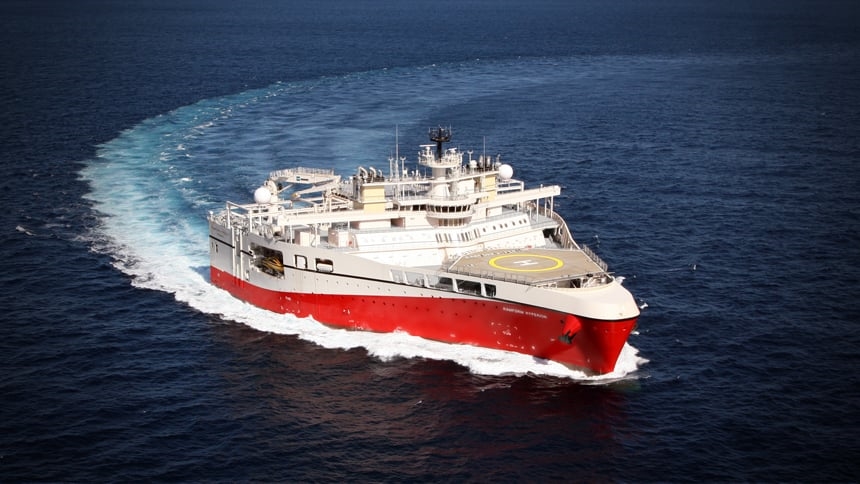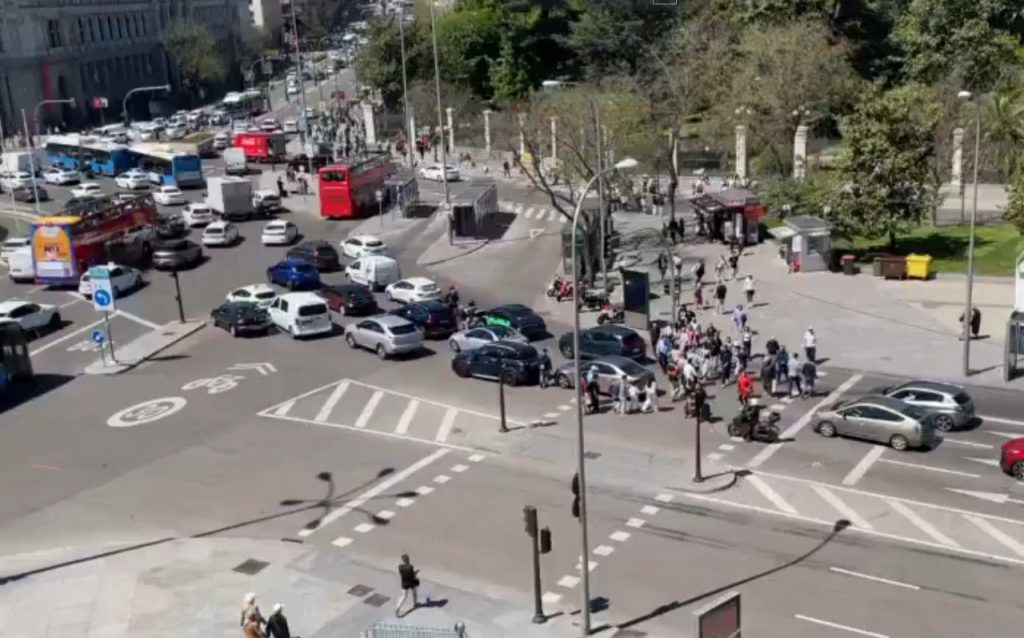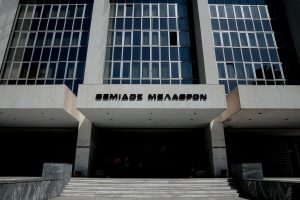Libya’s provisional government reportedly delivered a demarche last week to Greece’s ambassador in Tripoli complaining that a research vessel contracted by the Greek state was encroaching on its Exclusive Economic Zone (EEZ).
The protest referred to the Norwegian-flagged research and survey vessel Ramform Hyperion, which wound up 3D seismic data collection in maritime blocks south and southwest of the large Greek island of Crete, in the east Mediterranean. Greece has awarded exploration and exploitation rights to an international consortium for blocks south and southwest of Crete, in what Athens confidently considers as its EEZ.
The “annoyance” of the provisional government in Tripoli under PM Abdul Hamid Dbeibeh is directly related to the controversial Turko-Libyan agreement of 2022, which attempts to delimitate EEZs between the two countries in the central and eastern Mediterranean by essentially “erasing” all Greek islands on the map, including Crete, which is slightly smaller than Puerto Rico in land mass.
Greece considers that in the absence of a bilateral agreement with a maritime border state, Libya in this case, the delimitation of the latter’s EEZ external boundary will be the median point between the two.
Greece has dismissed and ridiculed the reasoning of the Libyan provisional government in Tripoli, as have several of its political rivals in the country, as contrary to the International Law of the Sea and customary maritime case law. Athens has also vowed to continue hydrocarbon exploration in the specific maritime region.
The Greek government, along with Egypt and the EU, expressed outrage at the time over the agreement, which they charged violated the sovereign rights of other countries, breached statutes of the United Nations Convention on the Law of the Sea (UNCLOS) and threatened regional stability.



